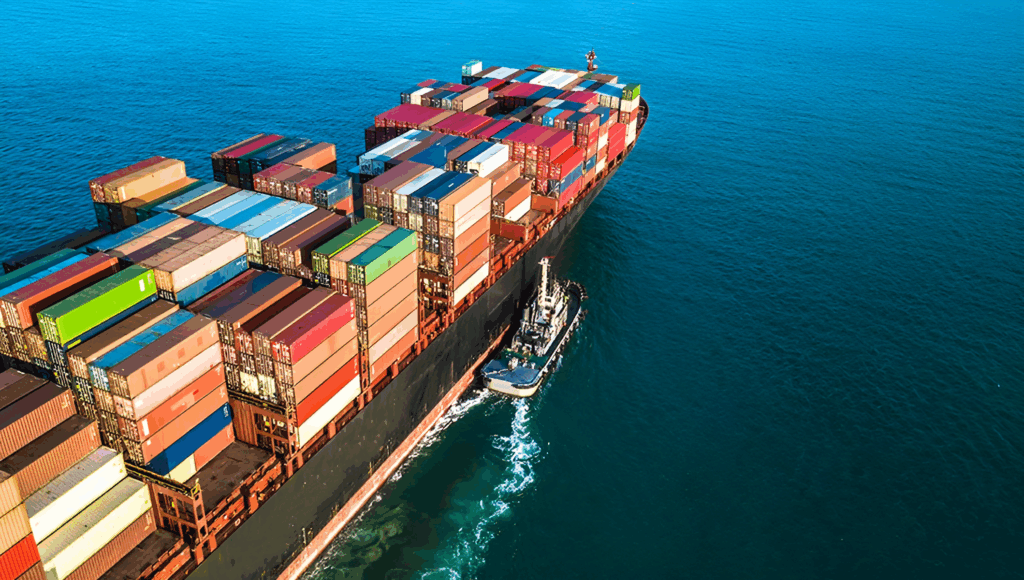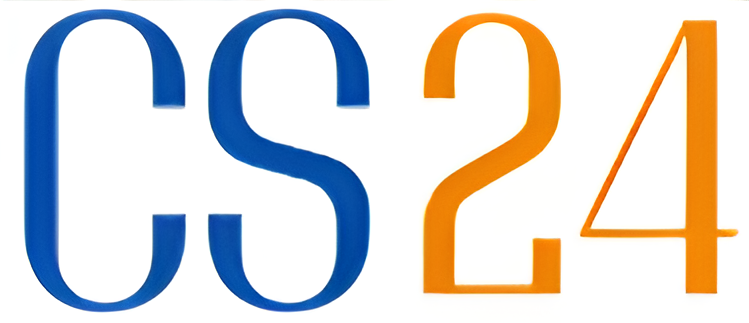EPR for E-Waste – India’s Sustainable Solution for Electronic Waste Management
Table of Contents
Overview of EPR (e-waste)
Extended Producer Responsibility (EPR) is a legal mandate and environmental policy designed to tackle the growing challenge of e-waste generated by electrical and electronic equipment (EEE). EPR places the responsibility for the entire lifecycle of electronic products—including final disposal—on producers, importers, and brand owners. India’s EPR framework for e-waste was formally established under the E-Waste (Management) Rules, 2016, and most recently updated in 2022 and 2023.
The Central Pollution Control Board (CPCB) is the national authority for EPR e-waste regulation, overseeing registration, compliance, and reporting. EPR rules stipulate targets for e-waste collection, recycling, and tracking; prohibit dealing with unregistered entities; and require all relevant businesses to use the centralized EPR portal for registration and compliance reporting.
EPR aligns with India’s Foreign Trade Policy (FTP) and Handbook of Procedures (HBP), ensuring that importers and exporters of electronics follow environmentally responsible recycling and disposal practices. Through these rules, India moves towards a circular economy—reducing harmful effects of e-waste and ensuring safe resource recovery.
Who Needs EPR for E-Waste?
EPR registration and compliance are required for:
- Producers and Manufacturers: Companies making electrical and electronic equipment listed in Schedule I of the E-Waste Rules.
- Importers: Entities bringing electronics, parts, or appliances into India for sale.
- Brand Owners: Firms selling, assembling, or marketing electronics under their own brand.
- Recyclers and Refurbishers: Service providers officially handling electronics for recycling or refurbishing.
- Bulk Consumers: Large organizations generating substantial e-waste, like IT companies, telecom, and government agencies.
EPR is NOT required for micro manufacturers, refurbishers, or recyclers below a certain threshold. Any business dealing in electronics must check its regulatory liability with the CPCB or a qualified EPR consultant.
Key Benefits of EPR Compliance
- Environmental Protection: Ensures hazardous substances in electronics (lead, mercury, cadmium) are safely disposed, protecting soil, air, and water.
- Legal Authorization: Lets businesses legally manufacture, import, and sell electronics, with smooth customs clearance.
- Access to Markets: Opens participation in tenders, partnerships, and business with eco-conscious clients.
- Circular Economy Participation: Promotes recycling, resource recovery, innovation, and reduced landfill waste.
- Enhanced Brand Reputation: Demonstrates CSR and sustainable business practices, supporting consumer trust.
- Economic Advantage: EPR credits can be bought, sold, or carried over annually—providing compliance flexibility.
- Public Health Safety: Reduces exposure to e-waste toxins (linked to cancer, respiratory issues).

Procedure for EPR Registration
- Eligibility Assessment: Determine EPR applicability by confirming product category under Schedule I of the E-Waste Rules.
- Account Creation: Register as a producer, importer, brand owner, recycler, or refurbisher on the CPCB EPR portal .
- Application Form Submission: Fill and submit the online application with key business and product details.
- Document Upload: Provide required supporting documents (see next section).
- EPR Plan and Agreements: Submit the action plan for collection, channelization, and recycling. Tie-ups with authorized PROs/recyclers may be needed.
- Application Fee: Pay the stipulated CPCB processing fee online.
- Validation & Scrutiny: CPCB reviews applications, may ask for clarifications or additional documents.
- Issuance of EPR Certificate: On approval, CPCB grants EPR authorization—valid for five years.
- Annual Reporting and Compliance: File annual returns with details of e-waste generated, collected, and recycled.
Non-compliance or failure to register can lead to penalties, license suspension, or even criminal action.

Documents Required for EPR Registration
- Company Registration Certificates: Proof from Registrar of Companies, PAN, GST.
- IEC Certificate: For importers.
- Product Details: Type, model numbers, material composition, categories.
- EPR Plan: Detailing channelization system, collection targets, recycling tie-ups.
- Proof of Address: Factory/warehouse/unit details.
- Authorization Agreements: Tie-ups with authorized recyclers, dismantlers, or refurbishers.
- Estimation of E-Waste Generation: Analysis and flowchart for future waste, collection, and recycling.
- Past EPR Reports (if applicable): Annual returns, compliance statements.
- Self-declarations: Often digitally generated on the CPCB portal
Update and Compliance for EPR
- Annual Reporting: File yearly returns showing e-waste generation, collection, and recycling figures.
- Target Achievement: Meet rising annual e-waste collection targets (30% in initial years, up to 70% after 7 years).[6]
- Renewal: Re-apply for EPR certificate before the five-year validity lapses.
- Collaboration with Registered Entities: Work only with CPCB-approved PROs/recyclers/refurbishers.
- Stay Alert to Rule Changes: Monitor updates in E-Waste Rules and CPCB guidelines, as non-compliance can halt operations or stop customs clearance of goods.
- Maintain Proper Documentation: Maintain all records for audits and regulatory reviews.
compliance is crucial to avoid financial penalties and market restrictions.
Why Choose Us for EPR Consulting?
- Expertise: Deep legal and operational understanding of EPR processes for e-waste—ensuring zero errors and maximum acceptance rates.
- End-to-End Service: From eligibility, documentation, CPCB portal registration, through to planning, agreement setup, compliance reports, and renewals.
- Quick Turnaround: Save weeks in processing time with our guidance and hands-on support.
- Award-Winning Partners: We work with leading authorized PROs and recyclers to guarantee best practice channelization.
- Transparent Pricing: No hidden charges, clear value-added service, and ongoing compliance alerts.
- Continuous Support: Stay up to date on new regulatory changes, market best practices, and eco-friendly advances.
Choose us for sustainable business growth and guaranteed EPR compliance in the dynamic electronics sector.
Frequently Asked Questions (FAQs)
What is EPR for e-waste?
EPR (“Extended Producer Responsibility”) means manufacturers, importers, and brand owners must collect, recycle, and responsibly dispose of their electronics after use—by law, per CPCB rules.
Who needs EPR registration?
All producers, importers, and brand owners of electronics listed in Schedule I of the E-Waste Management Rules; recyclers and refurbishers also need registration.
How is EPR enforced?
CPCB and State Pollution Control Boards review documentation, inspect compliance, and apply penalties for violations.
What if I don’t comply?
Non-compliance can result in fines, license revocation, loss of market access, and even criminal prosecution.
How long does EPR registration take?
Typically, 4–8 weeks with accurate documentation and timely responses; delays may occur if paperwork is incomplete.
Can I outsource collection and recycling?
Yes—authorized Producer Responsibility Organizations (PROs), recyclers, and refurbishers can be engaged in your action plan.
